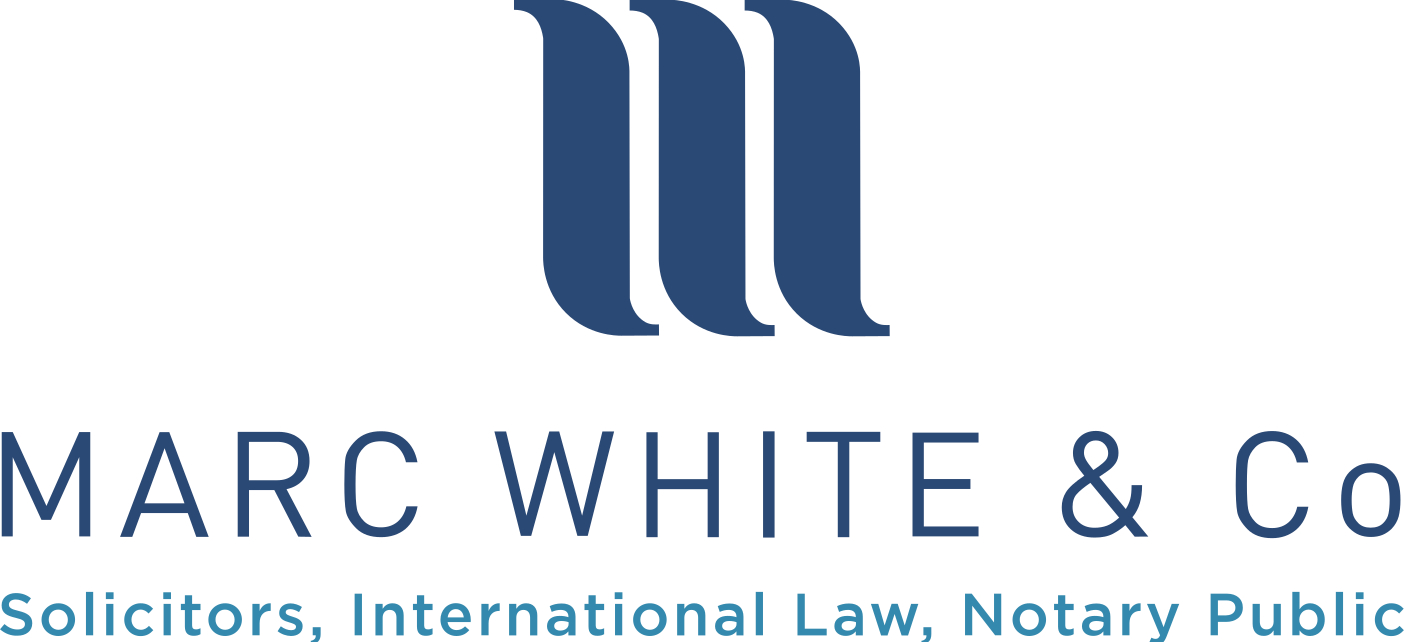Written by Graeme Beattie
There are many day-to-day administrative tasks involved in relocating after you’ve spent a long time abroad. These range from opening a UK bank account, registering with a new GP, arranging schooling for your children and, of course, finding a place to live. However, there are wider questions many returning expats may not be aware of which require guidance, reflection and discussion with a qualified professional.
Tax and Estate Planning Matters
In terms of residence status under UK law, you are only temporarily non-resident if you are away for less than 5 years. This means that, if you return within this time, you would be liable to pay CGT on disposal of any UK assets within this period. As such, you must register with HMRC and file an annual self-assessment tax return to take account of any new foreign source of income or gains.
It is also worth noting that a formerly domiciled resident’s domicile of origin revives for IHT purposes on return to the UK, making you liable to IHT on worldwide assets if UK domiciled. To mitigate this liability while UK domiciled, a person might make use of Lifetime gift & Inter-vivos trust allowances (bearing in mind the available nil-rate band at the time of their return).
A new will should also be drafted stating who should benefit from your estate when you pass away and the jurisdiction whose laws should apply. This is particularly important if your family make up has changed in the course of time whilst abroad.
Wills covering the jurisdictions in which you have other assets will make your foreign estate administration smoother and invariably quicker
You might also take a moment to consider the consequences of not being able to take care of your own affairs any longer by arranging Lasting Powers of Attorney for both financial and welfare purposes should you lose mental capacity.
Having your affairs in order and a plan for your estate can avoid family disputes and unnecessary hardship for your loved ones on your passing.
Purchase of your UK family home
There is currently a grace period offered for relief of SDLT on the first £500,000 of value in UK real estate. You might also be able to benefit from Principal Private Residence (PPR) Relief.
If you are moving back to your family home in the UK, which had been let to tenants, PPR Relief is reduced to cover only the period when it was the primary residence of the vendor. In other words, when you come to dispose of your property, a taxable gain arises when you have been absent from the property during your ownership.
This new development can into effect in April 2020 and increases your potential exposure to CGT if you have let out your UK home whilst you were residing abroad.
Finally, be aware of currency movements and enjoy the benefits of weak sterling when purchasing your primary residence in the UK from foreign currency savings.
If you would like any assistance with any of the matters discussed, please don’t hesitate to contact us.


